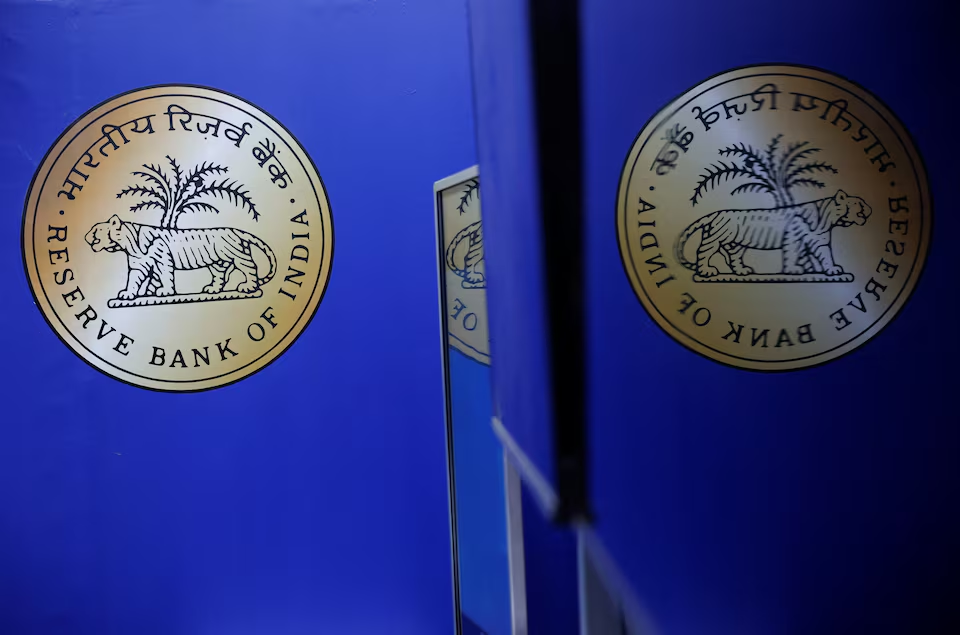Now Reading: Coinbase Deepens India Bet: What Its Latest Investment in CoinDCX Signals for Indian Crypto
-
01
Coinbase Deepens India Bet: What Its Latest Investment in CoinDCX Signals for Indian Crypto
Coinbase Deepens India Bet: What Its Latest Investment in CoinDCX Signals for Indian Crypto

In a major move that has the Indian crypto ecosystem buzzing, Coinbase has infused fresh capital into CoinDCX, valuing the Indian exchange at around $2.45 billion. This isn’t just another funding round — it reflects global confidence in India’s digital-asset potential. For Tier 2 and Tier 3 cities, where awareness and access are still growing, this deal could reshape how crypto is perceived, regulated, and adopted across the country.
Coinbase, which has backed CoinDCX in previous rounds, has now deepened its investment. As a result, CoinDCX’s post-money valuation hovers near $2.45 billion. The exact stake or amount isn’t publicly disclosed yet — the deal still needs regulatory approvals. Beyond capital, this move strengthens Coinbase’s ambition to scale in India and the Middle East. By leaning into an Indian exchange, it can work within local systems, regulations, and user behavior — rather than going in cold from abroad.
For many in smaller cities, crypto is often associated with risk, scams, or hearsay. Having a major global player stake big in a domestic exchange adds credibility. It may reassure more users to dip their toes in, especially when local leadership is at the helm. India’s crypto regulatory framework is still evolving. Moves like this put pressure on policymakers to clarify rules, especially around licensing, taxation, custody norms, and consumer protection. Regulators in Tier 2 areas may also be pushed to increase awareness and oversight locally.
Local platforms in smaller towns may benefit if CoinDCX scales better — improved infrastructure, security protocols, customer support, and more efficient access. Yet, it also raises the bar for competitors. Exchanges will need to level up to compete.
India still lacks a fully fleshed crypto law. Despite the Money Bill defining “virtual digital assets,” many grey areas remain. This transaction might attract closer scrutiny from multiple government bodies. CoinDCX was hacked earlier this year, with losses reportedly near $44 million from internal wallets. While customer funds remained secure, it exposed vulnerabilities. Any future breach could erode trust — especially in places where crypto understanding is low.
When one or two major players dominate, diversity and decentralisation take a hit. There’s a risk that smaller exchanges or regional players get sidelined or absorbed, reducing choice for users in less connected regions.
As investment flows in, expect improved mobile apps, regional language support, faster onboarding and smoother operations even in smaller towns. With stronger funding and economies of scale, exchanges may reduce fees or provide incentives to attract users in smaller markets. To grow usage, CoinDCX and others may launch training, outreach, or partnership programs in interior markets. But local users should remain vigilant — strong backing doesn’t remove all risks. Always verify KYC status, use secure wallets, and understand how exchanges safeguard user funds.
What this investment by Coinbase really signals is that India’s crypto moment is becoming serious. It’s a turning point — one that brings opportunity, but also responsibility. For Indian exchanges, regulators, and users alike, the next few months will be critical. In Tier 2 and 3 towns, where adoption is nascent, this could well be the inflection point that changes how digital assets are integrated into everyday financial life — if the risks are managed carefully.

























